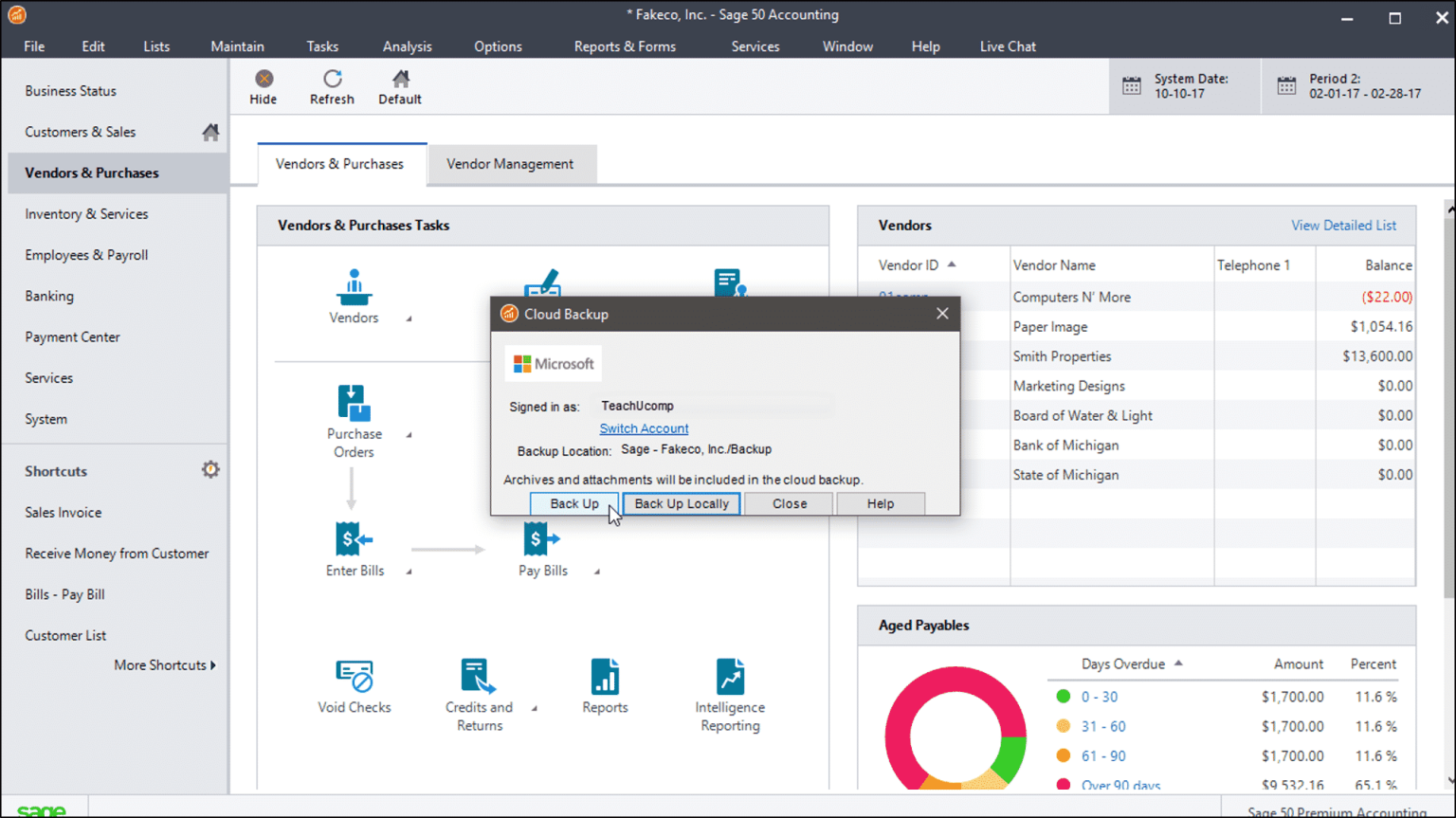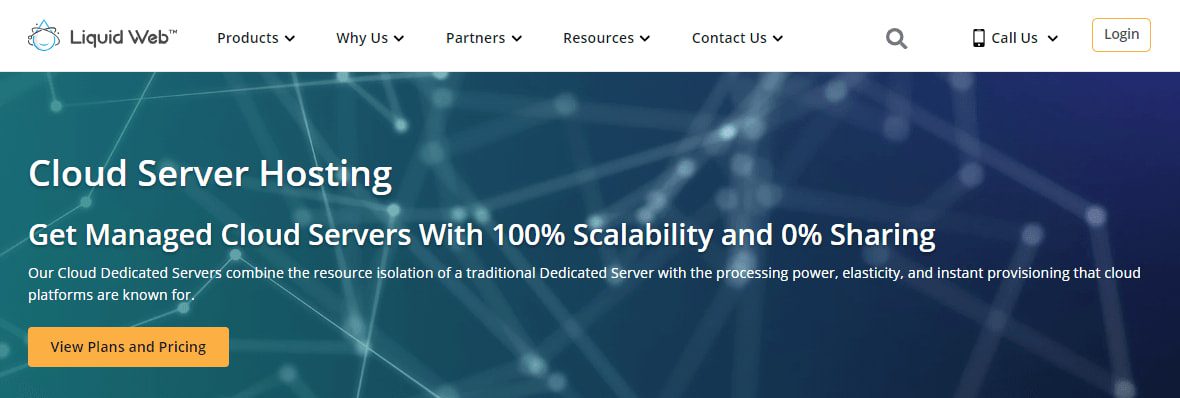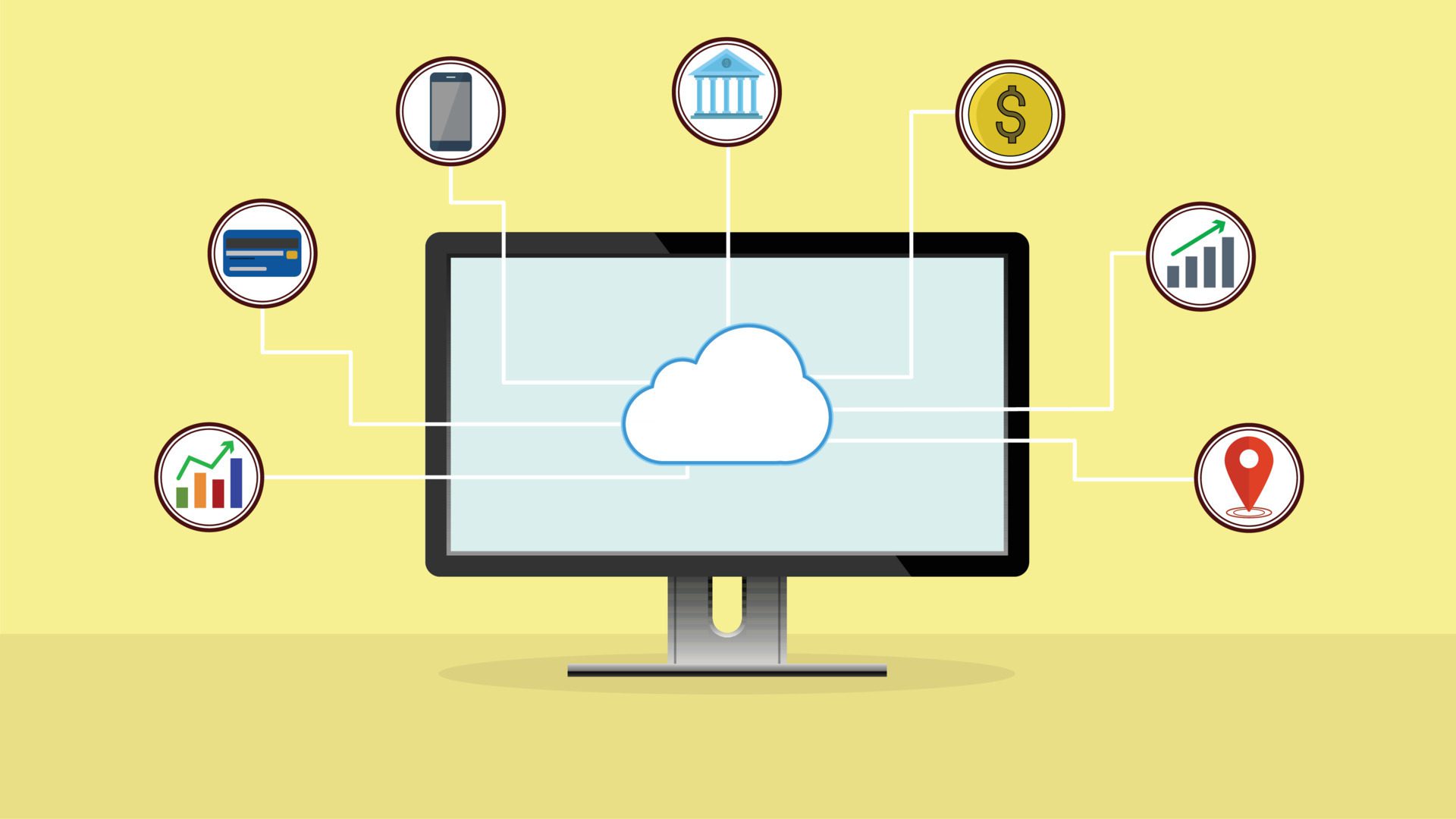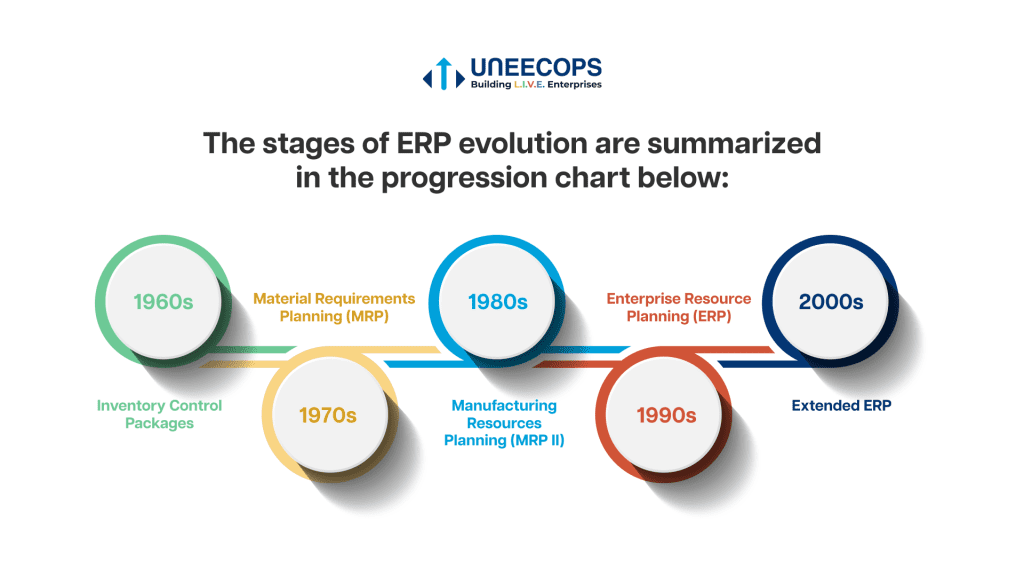Sage In The Cloud
Welcome, tech-savvy readers! In today’s fast-paced business world, staying ahead of the curve is essential for success. One way that companies are embracing the future of business technology is by moving their operations to the cloud. Sage, a leading provider of business management software, is at the forefront of this movement with their innovative cloud solutions. By harnessing the power of the cloud, businesses can streamline processes, improve efficiency, and stay competitive in a rapidly evolving market. Join us as we explore the benefits of Sage in the cloud and learn how this technology is shaping the future of business.
Understanding Sage Accounting in the Cloud
Sage Accounting in the Cloud is a modern way of managing your financial data online. Traditionally, accounting software would be installed on individual computers which limited access to the data to only those specific machines. However, with Sage Accounting in the Cloud, all your financial information is stored on remote servers that can be accessed from anywhere with an internet connection. This means you can work on your accounts from the office, at home, or even on the go.
One of the key benefits of using Sage Accounting in the Cloud is the increased flexibility it offers. Because your data is stored online, multiple users can access it simultaneously. This is particularly useful for businesses with multiple employees who need to work on the accounts at the same time. Additionally, you don’t need to worry about backing up your data, as it is automatically saved on the cloud servers.
Another advantage of Sage Accounting in the Cloud is the ability to access real-time data. With traditional accounting software, you would need to manually update your records to reflect the most current information. However, with Sage in the Cloud, your data is updated in real-time, so you always have an accurate and up-to-date picture of your financial situation.
Security is often a concern when it comes to storing data online, but Sage Accounting in the Cloud is equipped with advanced security measures to keep your information safe. Cloud servers are typically more secure than individual computers, with encryption and other security protocols in place to protect your data from unauthorized access.
Finally, using Sage Accounting in the Cloud can save you time and money. You no longer need to invest in expensive hardware or software installations, as everything is stored and accessed online. Updates and maintenance are also handled by the cloud service provider, freeing up more of your time to focus on running and growing your business.
In conclusion, Sage Accounting in the Cloud is a convenient, flexible, and cost-effective way to manage your financial data. By using cloud-based accounting software like Sage, you can streamline your financial processes, improve collaboration among your team, and have peace of mind knowing that your data is secure and up-to-date. Embracing cloud technology can revolutionize the way you approach accounting, ultimately leading to a more efficient and successful business operation.
Benefits of Using Sage Software in the Cloud
Using Sage software in the cloud offers a multitude of benefits that can greatly enhance your business operations. Here are some of the key advantages of leveraging the power of Sage in the cloud:
1. Flexibility and Scalability: One of the primary benefits of using Sage software in the cloud is the flexibility and scalability it offers. Cloud-based solutions allow you to easily scale your operations up or down based on your business needs. Whether you are a small startup or a large enterprise, cloud-based Sage software can adapt to your changing requirements without any hassle.
2. Enhanced Accessibility: Another major advantage of using Sage software in the cloud is the enhanced accessibility it provides. With cloud-based Sage solutions, you can access your data and applications from anywhere in the world, as long as you have an internet connection. This means that you can work on your financials, inventory, or any other aspect of your business anytime, anywhere, and from any device. This level of accessibility can greatly increase your productivity and efficiency, especially for businesses with remote or distributed teams.
Moreover, cloud-based Sage software allows for real-time collaboration among team members, regardless of their physical location. This means that your team can work together on projects, share files, and communicate seamlessly, leading to improved teamwork and faster decision-making.
3. Cost-Efficiency: Using Sage software in the cloud can also result in cost savings for your business. Cloud-based solutions eliminate the need for expensive on-premise hardware, maintenance, and upgrades, as these tasks are taken care of by the cloud service provider. Additionally, cloud-based Sage software often operates on a subscription-based model, which means you only pay for the services you need, making it a cost-effective option for businesses of all sizes.
4. Enhanced Security: Security is a top concern for businesses when it comes to their data and applications. Cloud-based Sage software providers invest heavily in security measures to protect your sensitive information from cyber threats, data breaches, and other security risks. With regular data backups, encryption, multi-factor authentication, and other cutting-edge security features, you can rest assured that your data is safe and secure in the cloud.
5. Automatic Updates and Maintenance: With cloud-based Sage software, you no longer have to worry about performing tedious software updates and maintenance tasks. Cloud service providers take care of all the updates, patches, and upgrades in the background, ensuring that you always have access to the latest features and enhancements without any downtime or disruptions to your business operations.
6. Business Continuity: In the event of a natural disaster, power outage, or any other unforeseen event that could disrupt your business operations, cloud-based Sage software ensures business continuity. With data stored securely in the cloud, you can quickly recover and resume your operations with minimal downtime, keeping your business running smoothly and efficiently.
In conclusion, using Sage software in the cloud offers a wide range of benefits that can significantly improve your business performance, productivity, and profitability. From enhanced accessibility and flexibility to cost-efficiency, security, and automatic updates, cloud-based Sage solutions provide a competitive edge for modern businesses looking to streamline their operations and stay ahead of the curve in today’s rapidly evolving business landscape.
How to Implement Sage in the Cloud for Your Business
Implementing Sage in the Cloud for your business can be a game-changer when it comes to streamlining processes and increasing productivity. By moving your Sage software to the cloud, you can access your data from anywhere at any time, collaborate with team members in real-time, and ensure that your information is always secure and backed up. Here are some steps to help you successfully implement Sage in the Cloud for your business:
1. Choose a Reliable Cloud Service Provider
The first step in implementing Sage in the Cloud for your business is to choose a reliable cloud service provider. Look for a provider that offers high-level security, data redundancy, and around-the-clock support. Additionally, consider the scalability of the provider’s services to ensure that they can grow with your business. Popular options for cloud service providers include Amazon Web Services (AWS), Microsoft Azure, and Google Cloud Platform.
2. Assess Your Current Sage Software Setup
Before making the transition to the cloud, take the time to assess your current Sage software setup. Identify any customizations or integrations that may need to be migrated to the cloud and ensure that your data is clean and up-to-date. It’s also important to involve key stakeholders in the assessment process to gather feedback and address any concerns before proceeding.
3. Plan Your Migration Strategy
When planning your migration strategy, it’s crucial to consider factors such as data migration, user training, and downtime. Start by creating a detailed timeline and budget for the migration process, taking into account any potential roadblocks or challenges that may arise. Additionally, consider conducting a pilot migration with a small group of users to test the process before rolling it out to the entire organization.
During the migration, be sure to communicate regularly with your team to keep them informed of progress and address any questions or concerns they may have. Provide comprehensive training on the new cloud-based Sage software to ensure that users are comfortable with the new system and can maximize its capabilities. Finally, schedule regular maintenance and updates to keep your Sage software running smoothly in the cloud.
By following these steps and carefully planning your migration strategy, you can successfully implement Sage in the Cloud for your business and take advantage of the many benefits that cloud computing has to offer. From improved flexibility and accessibility to enhanced security and collaboration, moving Sage to the cloud can help your business thrive in today’s fast-paced digital world.
Sage Cloud Hosting: What You Need to Know
When it comes to Sage in the cloud, there are a few key things that every user should know in order to make the most of this powerful cloud-based accounting software. One of the main benefits of using Sage in the cloud is the ability to access your data from anywhere, at any time. This means that you can easily collaborate with your team members or clients, no matter where they are located. Additionally, Sage in the cloud offers enhanced security features, ensuring that your data is always safe and protected.
For businesses that are currently using an on-premises version of Sage, transitioning to the cloud can seem like a daunting task. However, with the right guidance and support, moving to Sage in the cloud can actually be a smooth and hassle-free process. One of the key things to consider when looking into Sage cloud hosting is the level of support that is offered by the hosting provider. It is important to choose a hosting provider that offers 24/7 support, so that you can get assistance whenever you need it.
Another important consideration when it comes to Sage cloud hosting is the level of customization that is available. Not all businesses have the same needs, so it is crucial to choose a hosting provider that can tailor their services to fit your specific requirements. Whether you need additional storage space, increased processing power, or specific security measures, your hosting provider should be able to accommodate your needs.
Furthermore, it is essential to consider the scalability of the Sage cloud hosting solution that you choose. As your business grows, your hosting needs may change as well. It is important to select a hosting provider that can easily scale their services to meet your evolving requirements. This will ensure that you can continue to use Sage in the cloud as your business expands, without any interruptions or downtime.
Maximizing Efficiency with Sage Cloud Solutions
When it comes to streamlining business operations and maximizing efficiency, utilizing Sage Cloud Solutions can provide a range of benefits to organizations of all sizes. By migrating to the cloud, businesses can access their critical data and applications from anywhere, at any time, allowing for increased flexibility and collaboration among team members. This level of accessibility ensures that employees can work remotely without any disruptions to their workflow, ultimately enhancing productivity and efficiency.
One of the key advantages of Sage Cloud Solutions is the ability to scale resources as needed. Rather than being limited by the constraints of on-premise hardware, businesses can easily adjust their cloud infrastructure to accommodate fluctuations in demand. This scalability is particularly beneficial for businesses experiencing growth or seasonal variations in workload, as it allows them to optimize resources and avoid unnecessary expenses.
Furthermore, Sage Cloud Solutions offer a high level of data security and reliability. With built-in backup and disaster recovery features, businesses can rest assured that their critical data is safe and accessible at all times. Additionally, cloud providers often have robust security measures in place to protect against cyber threats, ensuring that businesses can operate without the fear of data breaches or interruptions.
Collaboration is another key aspect of maximizing efficiency with Sage Cloud Solutions. By centralizing data and applications in the cloud, employees can easily share and collaborate on projects in real-time, regardless of their physical location. This seamless collaboration fosters innovation and teamwork among team members, leading to improved efficiency and ultimately, better results for the business.
Lastly, the cost-effectiveness of Sage Cloud Solutions cannot be overlooked. By migrating to the cloud, businesses can reduce their upfront costs associated with maintaining on-premise hardware and software. Instead, they can opt for a pay-as-you-go model, only paying for the resources they actually use. This flexible pricing structure eliminates the need for large capital investments and allows businesses to allocate their resources more efficiently.






